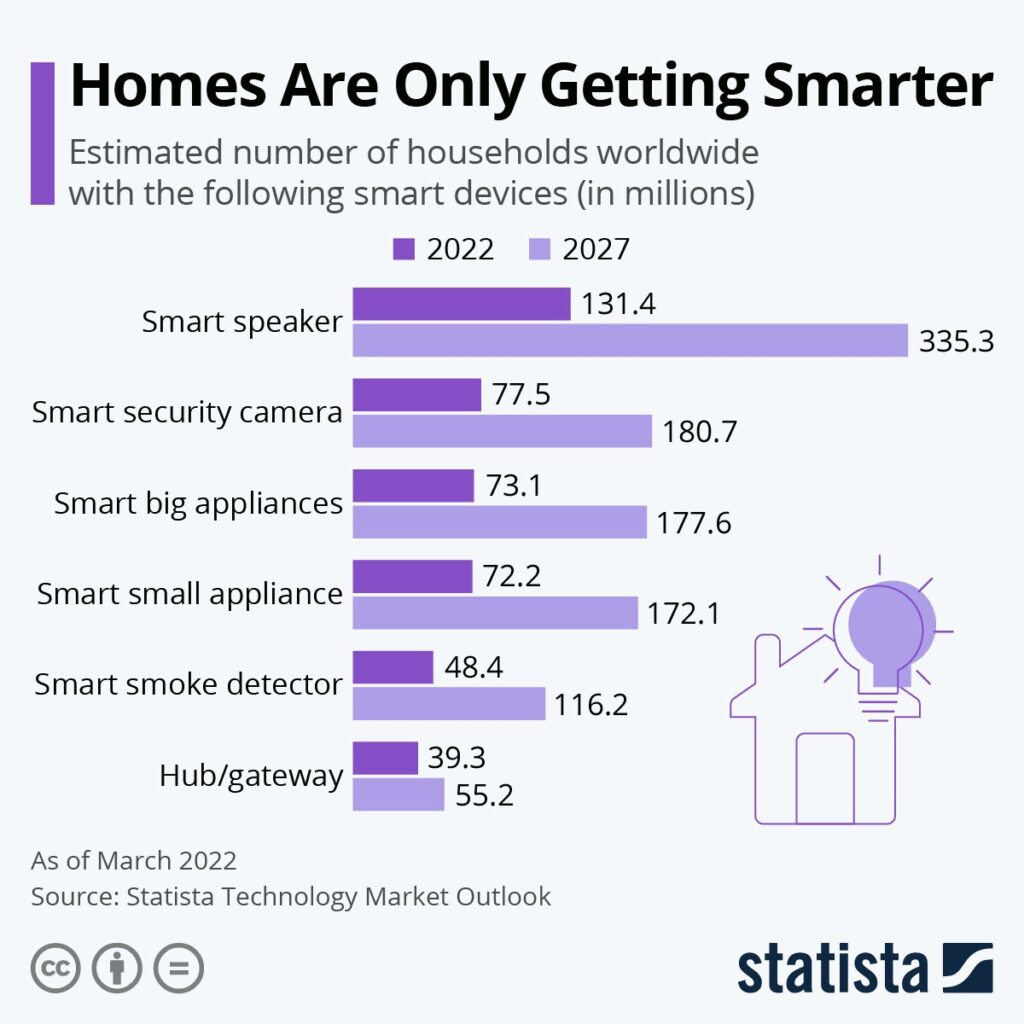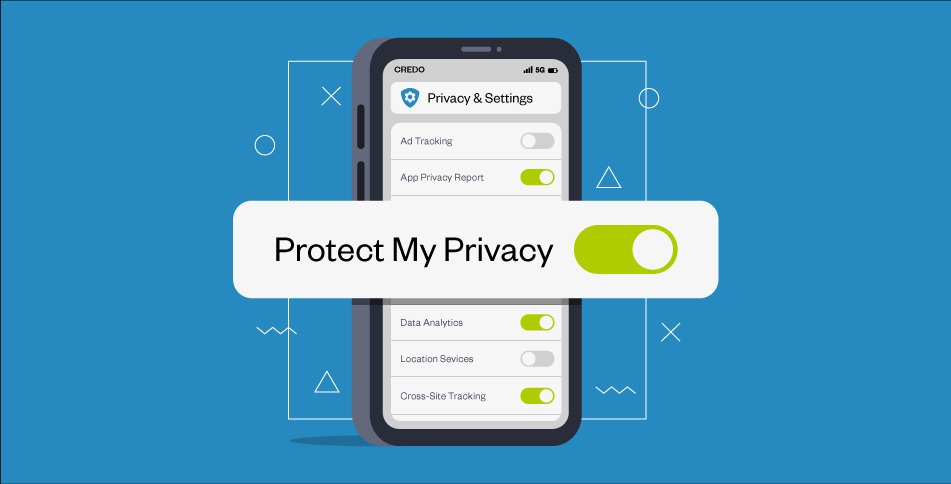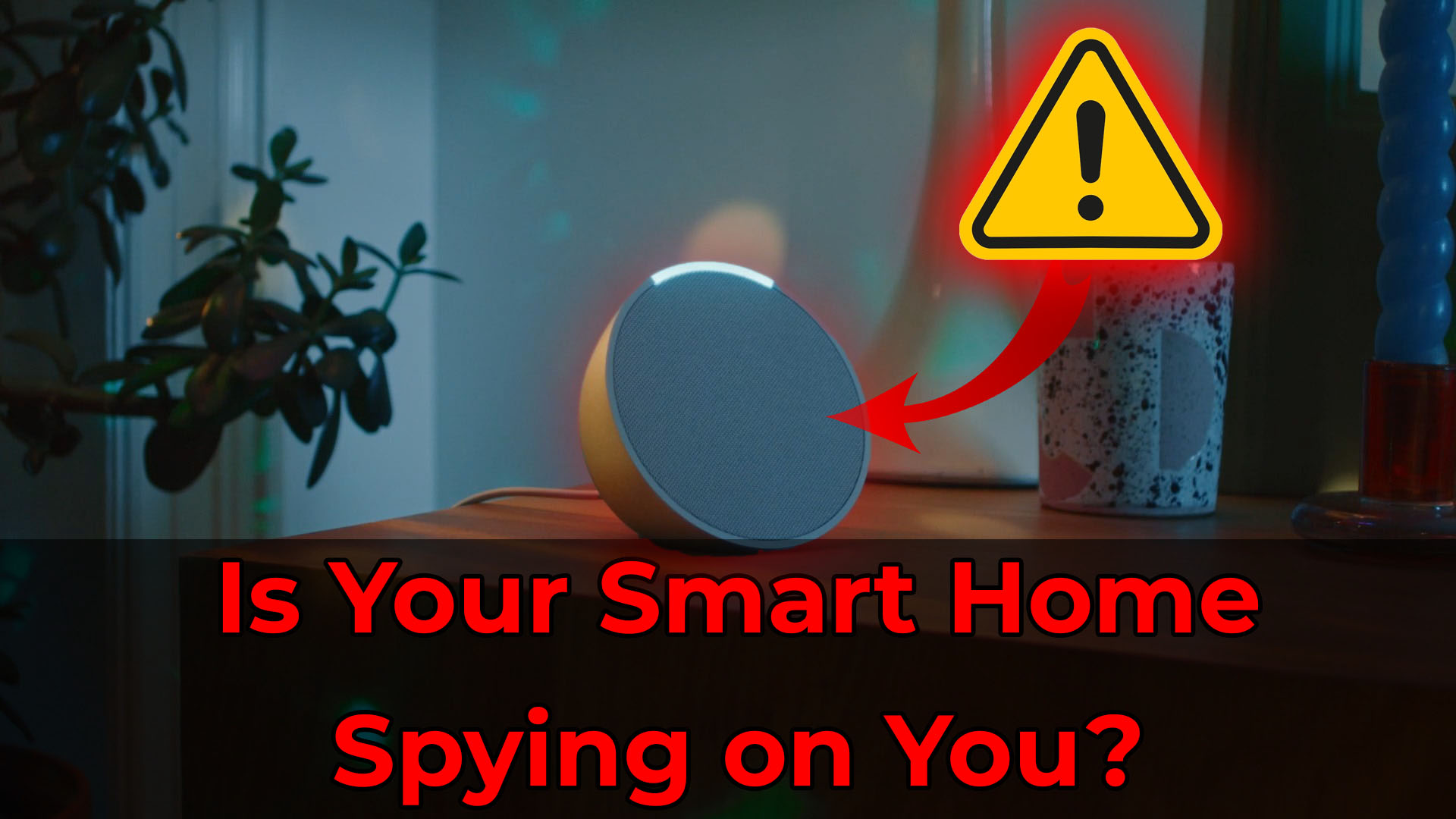Smart home privacy in 2025 is at risk. Smart home devices are more advanced than ever. From voice assistants and smart fridges to connected cameras and thermostats, these gadgets are designed to make life easier. But while they add convenience, they also raise a pressing question: Is your smart home spying on you?
Let’s break down the risks and what you can do to protect your privacy.
1. What Data Do Smart Home Devices Collect?
- Voice recordings: Devices like Alexa, Siri, and Google Assistant are always listening for a wake word, but sometimes record more than intended.
- Video & image data: Smart security cameras, baby monitors, and video doorbells may store footage in the cloud.
- Location tracking: Some devices track your movements for automation or location-based reminders.
- Usage behavior: Smart TVs and appliances can log what you watch, when you use them, and how often.

2. Who Has Access to Your Data?
- Manufacturers: Your data is often sent to the company’s servers for analysis or product improvement.
- Third parties: Many companies sell or share data with advertisers or analytics partners.
- Hackers: Weak passwords or unpatched software can expose devices to cyberattacks.

3. Real-World Cases of Smart Device Spying
- 2024 Leak: A major brand was found to be storing voice recordings without consent.
- Ring Camera Hacking: Reports of strangers speaking through hacked security cameras.
- Robot Vacuums: Some models captured and uploaded images of private spaces.
These cases highlight how data collection can cross serious boundaries.
4. How to Protect Your Privacy at Home
- Review privacy settings: Always check and customize settings when setting up a device.
- Use strong, unique passwords: Avoid default credentials and enable 2FA when possible.
- Disable unnecessary features: Turn off voice or camera functions you don’t need.
- Buy from reputable brands: Look for companies with a track record of transparency and security.

5. Is the Convenience Worth the Risk?
It depends on how much you value convenience over control. Many people accept the tradeoff, but it’s crucial to be informed. By understanding what data is collected and taking proactive steps, you can enjoy smart tech while keeping your personal information safe.
Want to learn more? Click here!
Conclusion
Smart homes are here to stay, but your privacy doesn’t have to be the price of convenience. In 2025, awareness is your best defense. Audit your devices regularly, know what you’re agreeing to, and always think twice before giving a gadget access to your life.
Want to chat? CONTACT US HERE!




